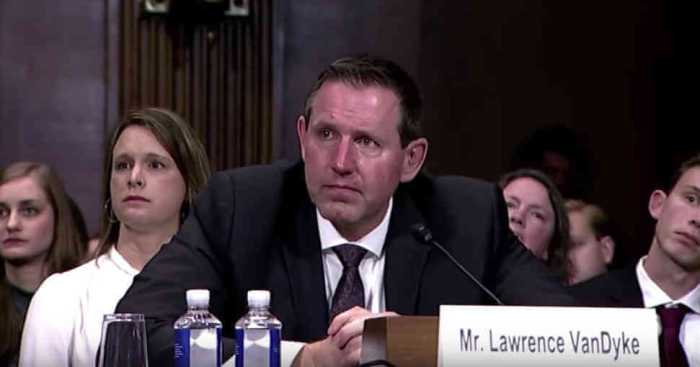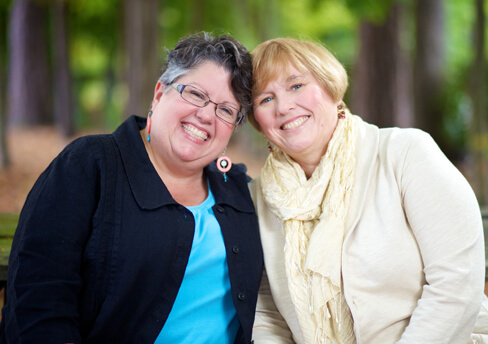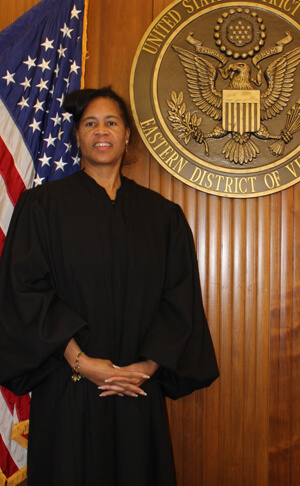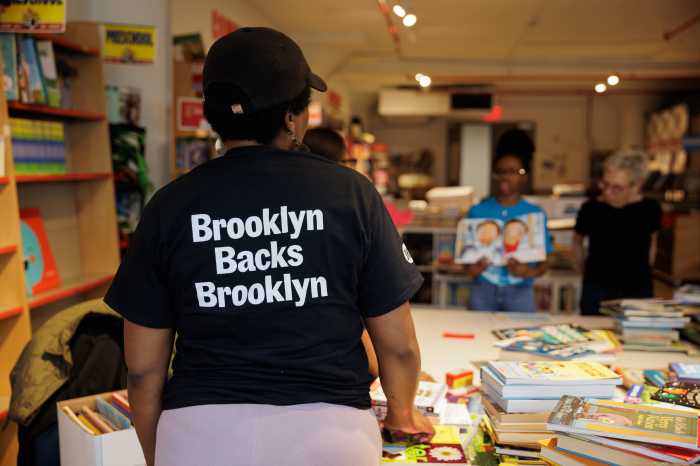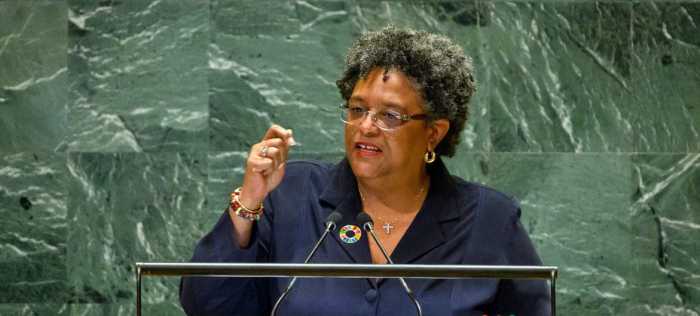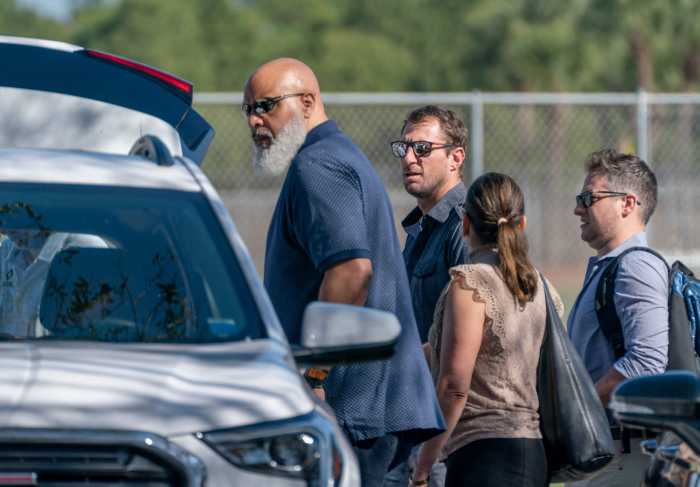Alliance Defending Freedom (ADF), an anti-LGBTQ religious freedom litigation group, is asking the US Supreme Court to take a second look at a Washington Supreme Court ruling that a florist who refused to provide wedding flower services for a same-sex couple violated that state’s anti-discrimination law and did not have a valid First Amendment defense.
The Washington court’s original decision in Arlene’s Flowers v. State of Washington was vacated by the nation’s high court last year for reconsideration in light of its ruling in Masterpiece Cakeshop v. Colorado Civil Rights Commission. There, the high court ruled that the Colorado agency’s rejection of baker Jack Phillips’ religious freedom claims in defending his refusal to provide a cake for a same-sex wedding was tainted by impermissible hostility to religion.
The Washington state court, upon reconsideration, reiterated its earlier holding, finding that the record of proceedings in the case showed no evidence of hostility to religion and so was not affected by the Masterpiece case.
ADF’s petition on behalf of Arlene’s Flowers raises two questions — whether the state violated the florist’s First Amendment rights to free exercise of religion and free speech by forcing it to participate in a same-sex wedding celebration and whether the First Amendment’s prohibition on government hostility toward religion applies to the Washington State Executive Branch.
In the first question, Arlene’s Flowers asks the court to resolve the underlying constitutional issues it evaded in the Masterpiece case, pointing to litigation from around the country in which small businesses that declined to provide goods or services for same-sex weddings, based on their proprietors’ religious claims, had been taken before state human rights commissions or courts on charges of violating anti-discrimination laws.
These cases have seen mixed results. Beginning with a recalcitrant wedding photographer in New Mexico and continuing with cases involving bakers, florists, commercial wedding venues, invitation creators, and videographers, administrative agencies and courts for a time consistently ruled against allowing religious belief exemptions from generally-applicable anti-discrimination laws covering sexual orientation. However, more recently, what may be a pendulum swing in the opposite direction has begun, sparked in part by persistent appeals by ADF from adverse administrative and trial court rulings against the religious exemptions the litigation group argues for.
In Masterpiece in June 2018, the Supreme Court found several grounds — taken together — on which to reverse the Colorado Court of Appeals’ ruling against baker Phillips, most notably public comments by several members of the Civil Rights Commission that the court found to evidence open hostility to Phillips’ religious views. The court also noted an inconsistency in the Commission’s dismissing complaints against bakers by a religious provocateur who sought to order cakes decorated to disparage same-sex marriage but was turned down. Since same-sex marriage was not yet legal in Colorado at the time the gay couple approached the baker, the court also found that he could have believed he had no obligation to make such a cake.
The Masterpiece ruling did reassert the general principle that businesses do not enjoy a religious freedom exemption from complying with anti-discrimination laws, but it also observed that litigation in which religion freedom claims are asserted must be subjected to a “neutral” forum, not one demonstrating hostility to those religious views.
When the Arlene’s Flowers case was sent back to the Washington Supreme Court to reconsider in light of Masterpiece, that court understood its duty being to scour the record for signs of hostility or non-neutrality, and it found none. No state administrative agency — comparable to the Colorado Civil Rights Commission — was involved in Washington, so the state’s high court review consisted of revisiting the case’s progression through the state court system.
But ADF, in its second question to the US Supreme Court, argued that the Washington court erred in assuming that Masterpiece banned governmental hostility only on the part of those adjudicating a claim. The petition from Arlene’s Flowers asserts that the state attorney general evinced hostility and discrimination against religion by seizing on news reports to come down hard on the florist, Barronelle Stutzman — threatening litigation if she did not certify that she should would provide her services for same-sex weddings, making public comments criticizing religious objection to providing such services, and failing to bring similar action based on news reports about a coffee shop owner expelling “Christians” from his establishment “based on religious views they expressed on a public street.”
The petition pointed to cases where the court had found legislatures as well as adjudicators to have violated the First Amendment, and argued that executives, such as the attorney general, were no less bound.
The petition by ADF builds on an August ruling by the Eighth Circuit Court of Appeals, which found that a Minnesota videographer, Telescope Media Group, which makes films for hire, enjoys a right to a First Amendment exemption from the public accommodations provisions of that state’s human rights law that would otherwise require the business to offer its services for same-sex weddings.
That ruling, in conflating the for-hire services of the videographer with the output of film studios, affirmed Telescope Media’s claim that the First Amendment’s free speech guarantee protecting its expressive activity allowed it to refuse to do business involving same-sex weddings, about which its owners, Carl and Angel Larsen, have religious objections. Forcing the Larsens to make same-sex wedding videos, the Eighth Circuit, in an opinion written by Trump appointee David Stras, said, “is at odds with the ‘cardinal constitutional command’ against compelled speech.” The videos the business hopes to make, Stras wrote, “will convey a message designed to ‘affect public attitudes and behavior’” and “tell ‘healthy stories of sacrificial love and commitment between a man and a woman,’ depicting marriage as a divinely ordained covenant, and oppose the ‘current cultural narratives about marriage with which they disagree.’”
Significantly, when the Larsens brought their case, they had not yet begun making wedding videos and they made no claim that any same-sex couple had approached them about doing work on their wedding. Instead, with the assistance of ADF, they were seeking a declaratory judgment in federal court that they could refuse same-sex wedding business in the future.
By extension, ADF’s petition in the Arlene’s Flowers case, asks the Supreme Court to hold that any business engaged in creative expression for hire cannot be compelled to provide its services for an activity of which it disapproves on religious grounds.
Without making it a central part of the argument, ADF’s petition notes instances where some members of the court have suggested a need to reconsider its 1990 precedent in Employment Division v. Smith, suggesting this is the ideal case to do so. That case, in which the late Justice Antonin Scalia wrote the majority opinion, reversed decades of First Amendment free exercise of religion precedents to hold that religiously-neutral state laws of general application that may incidentally burden an individual’s free exercise of religion do not give rise to First Amendment exemption claims.
The ruling created alarm about perceived threats to religious freedom, and Congress moved quickly to restore what many members saw as an appropriate balance by passing the Religious Freedom Restoration Act — and numerous states, in turn, passed their own versions of such legislation. Overriding Employment Division would signal a complete swing back toward expansive claims of religious opt-outs on issues such as LGBTQ rights, compromising not only existing state and local nondiscrimination laws but also any potential federal anti-bias statute, such as the Equality Act.


